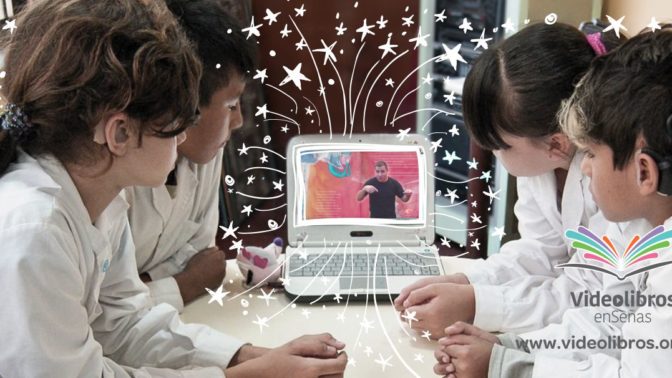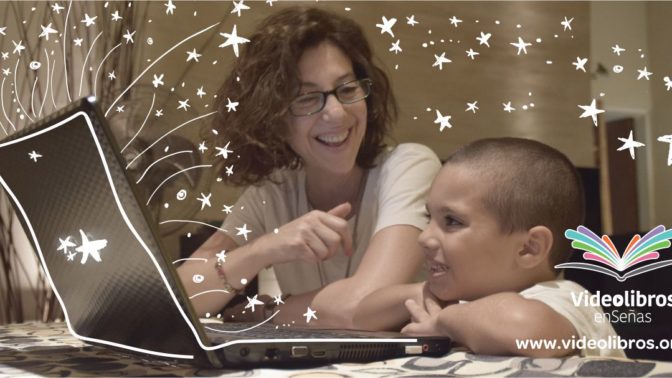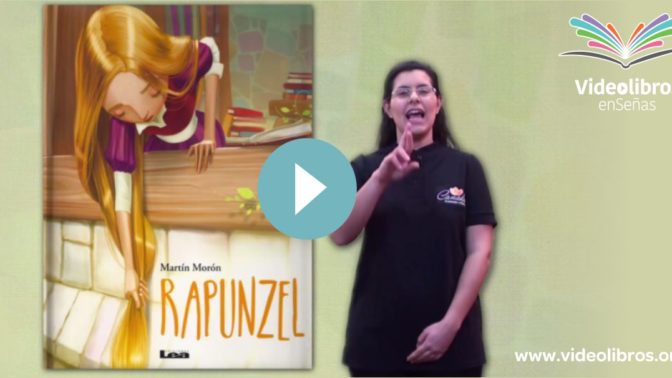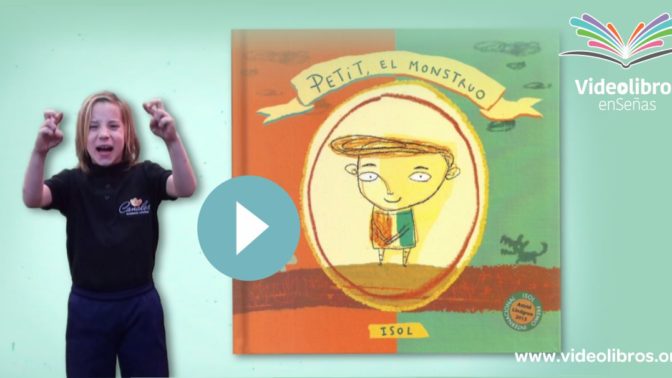Videolibros enSeñas (Videobooks in Sign Language)
Videolibros enSeñas (Videolibros) is an online platform where deaf people can read books in Sign Language.
Key Facts
- Videolibros is a free online platform and video books can be downloaded so that they can be used in rural areas with little or no connectivity.
- Since sign languages around the world have no written form, deaf children need to learn a second language in order to become literate.
- Video books are offered in spoken Spanish, written Spanish, and Sign Language.
- Canales has already created 61 video books and is working on 20 more.
- The Videolibros team has already trained 40 deaf readers in Argentina, Uruguay, Paraguay, México, and Nicaragua.
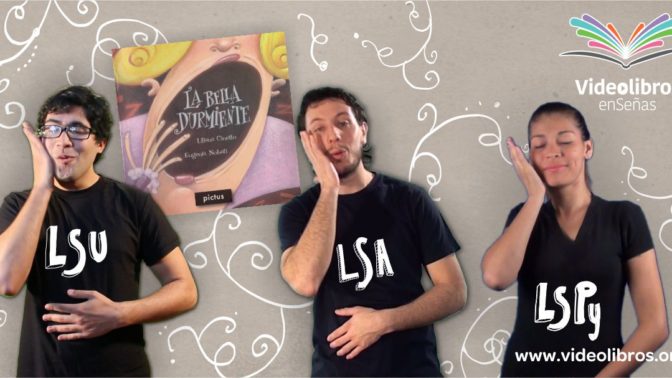
Key Features
Videolibros is the first online platform of books read in Sign Language. Video books have voice overs in Spanish so that deaf and hearing people can share the same stories even if they do not know Sign Language. Videolibros is a free online platform and video books can be downloaded so that they can be used in rural areas with little or no connectivity.
Since sign languages around the world have no written form, deaf children need to learn a second language in order to become literate. Video books fill this gap and have been created for children to enjoy literature in their own language so that they can become readers and access information.
Video books are carefully selected to offer a variety of models to deaf children. In each, video books offer three linguistic ways for access: spoken Spanish, written Spanish, and Sign Language, combined with beautiful animated drawings to captivate children’s attention.
Active participation of deaf people in the design and production is a unique feature of Videolibros that ensures quality and engagement and empowers the deaf community.
Social Impact
There are 32 million deaf children in the world and only 2% of them have access to written content.
Ninety-five percent of deaf children are born into hearing families that do not know Sign Language and never had someone who read them a story. They have been excluded from literature that most children can otherwise access.
When they enter school, their language is rudimentary, their understanding of the world is distorted and they find teachers that don’t have enough Sign Language competence. This hinders both their academic development and their integration in society: 80% graduate with a high rate of illiteracy.
To overcome those barriers, Canales has already created 61 video books and is working on 20 more.
- www.videolibros.org receives +2,930 average monthly visits and has reached +6,500 registered users.
- The Videolibros team has already trained 40 deaf readers in Argentina, Uruguay, Paraguay, México, and Nicaragua.
- Unicef has asked Canales to share the process in which video books are produced as an example of a good practice to make books accessible for the deaf.
- Videolibros has proved to be an outstanding tool during the pandemic, for it can be used in education contexts for teachers to share and work online.
Future Plans
-
Activities with Videolibros in schools are planned so that deaf children can engage their families.
-
Activities in regular schools for hearing children to get in touch with their deaf peers and think about inclusive strategies for coexistence.
-
Articulation with libraries to include different formats of books.
-
Creation of more video books and other Sign Languages.
-
Gamification.
-
Offer private companies and publishers to support Videolibros.
-
Canales currently provides Videolibros in Paraguayan Sign Language, Uruguayan Sign Language, Nicaraguan Sign Language, and soon Mexican Sign Language.
Main Target Group
-
Deaf girls and boys, teenagers, adults
-
Families of deaf girls, boys, and adolescents
-
Teachers of the deaf and their educational communities
-
Sign Language students
-
Sign Language interpreter students
-
Hearing children
-
Regular schools
Main User
Deaf girls and boys and their teachers.
Price (in USD)
The Videolibros platform is free.

